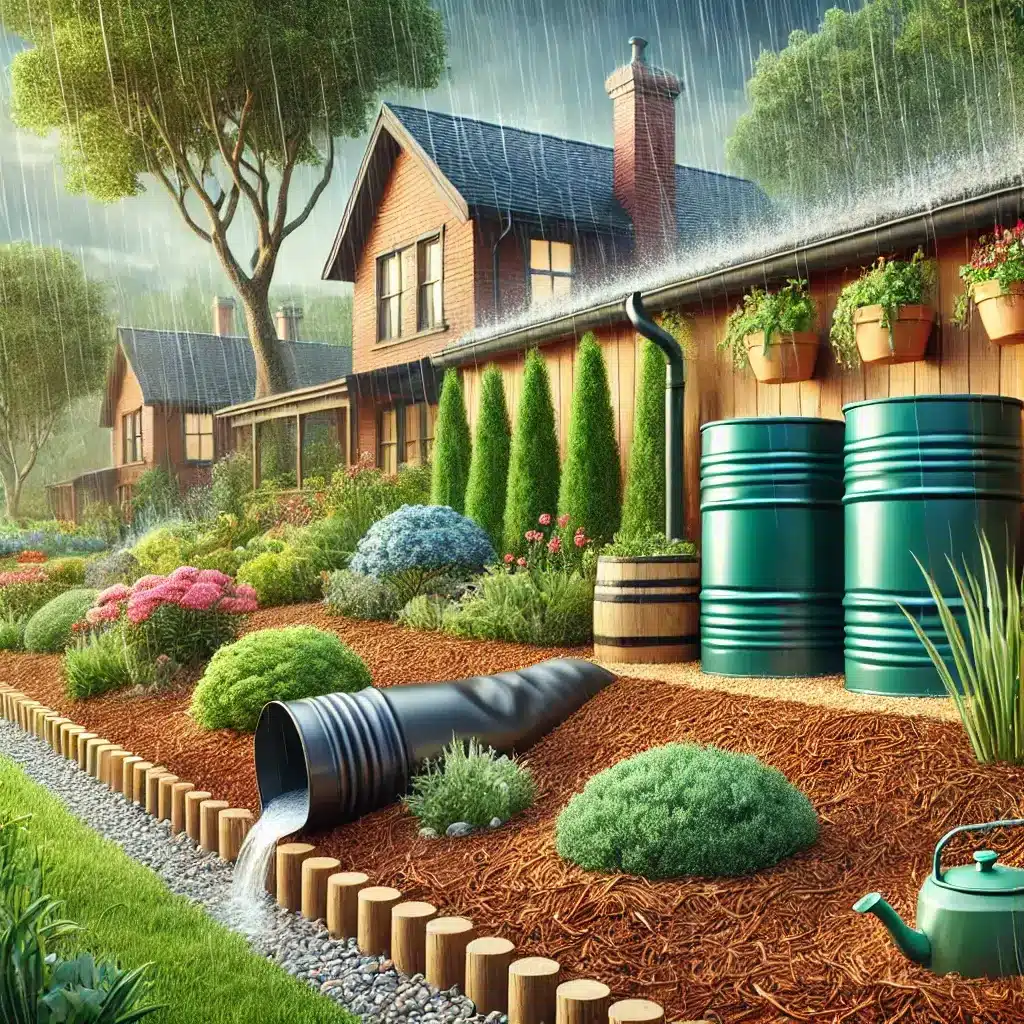Reducing water usage is essential not only for conserving resources but also for lowering utility bills. Learning how to reduce water usage and save on utility costs is important. In today’s world, water scarcity is a growing concern, and adopting efficient water-saving practices can make a significant impact. By understanding and implementing simple strategies, you can reduce water consumption and save money. In this article, we’ll explore practical ways to save water at home, covering every aspect of daily living.
The Importance of Reducing Water Usage
Efficient water use is not just about saving money on your water bills; it’s about protecting the environment and ensuring that future generations have access to this vital resource. Here’s why reducing water usage is crucial:
- Conservation of Resources: Water is finite. Saving water helps preserve natural ecosystems and supports sustainable living.
- Cost Savings: Reducing water usage can significantly lower your utility costs, allowing you to allocate money to other financial needs.
- Energy Savings: Using less water means less energy is required to pump, treat, and heat it, leading to a reduction in overall energy bills. Lowering utility bills can be easier than you think with the right strategies. Discover effective ways to cut energy costs in our comprehensive guide on Best Energy-Saving Tips to Lower Your Utility Bills.
Top Tips on How to Reduce Water Usage and Save on Utility Costs
1. Install Low-Flow Fixtures
Low-flow showerheads, faucets, and toilets are designed to use significantly less water without compromising performance.
- Low-Flow Showerheads: These can save up to 2.5 gallons per minute. Look for models that are WaterSense certified.
- Low-Flow Toilets: Older toilets use 3-7 gallons per flush, while modern low-flow versions use only 1.6 gallons or less.
- Low-Flow Faucets: They reduce water flow by 30% or more.
Example Calculation: If a family of four installs low-flow fixtures, they could save up to 15,000 gallons of water per year.
2. Fix Leaks Immediately
Even a small drip can waste gallons of water over time. Address any leaks in your home to prevent unnecessary water loss.
- Check Faucets and Pipes: Inspect all faucets for drips and leaks. Tightening or replacing worn-out washers is a simple fix.
- Monitor Your Water Meter: If your water meter continues to run when all taps are off, it could indicate a hidden leak.
Fact: A leaky faucet dripping at one drop per second can waste over 3,000 gallons per year.
3. Use Water-Efficient Appliances
Investing in energy- and water-efficient appliances can lead to significant savings.
- Dishwashers: Modern dishwashers use less water than washing dishes by hand. Energy Star models are the most efficient.
- Washing Machines: High-efficiency washers use 35-50% less water than traditional models. Opt for models with customizable load sizes.
Quick Tip: Run full loads in both the dishwasher and washing machine to maximize water efficiency.
Outdoor Water-Saving Techniques
4. Practice Smart Landscaping
Lawns and gardens are notorious for water consumption, but you can reduce usage by making smart choices.
- Drought-Resistant Plants: Opt for native or drought-tolerant plants that require less watering.
- Mulching: Apply mulch around plants to retain soil moisture and prevent evaporation.
- Efficient Watering: Water your garden in the early morning or late evening to minimize evaporation.
5. Collect Rainwater
Using rain barrels to collect rainwater for outdoor watering is an excellent way to save money.
- Rain Barrel Systems: Install a barrel under your downspout to capture rainwater, which you can use for watering plants or washing outdoor surfaces.
- Benefits: Rainwater is free, natural, and better for plants than tap water, which often contains chemicals.

Kitchen and Bathroom Water-Saving Strategies
6. Take Shorter Showers
Cutting shower time by just a few minutes can save gallons of water each day.
- Set a Timer: Aim for 5-minute showers. If you enjoy long showers, try reducing your time gradually.
- Shower Buckets: Use a bucket to catch water while the shower warms up. Use this water for cleaning or gardening.
Did You Know? Reducing shower time by just 2 minutes can save over 1,500 gallons per person each year.
7. Turn Off the Tap
Leaving the tap running while brushing your teeth or washing dishes wastes water unnecessarily.
- Brushing Teeth: Turn off the water while you brush and save up to 4 gallons each time.
- Handwashing Dishes: Fill the sink with water instead of running the tap continuously.
Simple Habits to Reduce Water Usage
8. Reuse Water Where Possible
Reusing water is an effective way to minimize waste.
- Greywater Systems: Install a system to reuse water from sinks and showers for irrigation.
- Reusing Cooking Water: After boiling vegetables, let the water cool and use it for watering plants.
9. Only Water When Necessary
Avoid overwatering your plants and lawn. Use a soil moisture sensor to determine when it’s necessary to water.
- Deep Watering: Water deeply but less frequently to encourage deep root growth, making plants more drought-resistant.
- Weather Considerations: Avoid watering before or after a rainfall.
Advanced Water-Saving Solutions
10. Upgrade to a Dual-Flush Toilet
Dual-flush toilets give you two flushing options: one for liquid waste and a higher-volume flush for solid waste. This simple upgrade can save thousands of gallons per year.
11. Install a Greywater Recycling System
Greywater systems recycle wastewater from baths, sinks, and washing machines to irrigate your garden.
- How It Works: The water is treated to remove contaminants, making it safe for irrigation purposes.
- Benefits: These systems reduce your water usage and lower your overall utility costs.
Conclusion on how to reduce water usage
Reducing water usage is a practical and impactful way to save money on utility costs and contribute to a sustainable future. By incorporating these water-saving techniques, you can make a significant difference in both your wallet and the environment. Remember, small changes add up to significant savings over time. Start implementing these strategies today and enjoy the benefits of a more efficient and eco-friendly home.
This article is designed specifically for families looking to cut down on household expenses. Check out our guide on The Best Money-Saving Tips for Families for more actionable advice.
